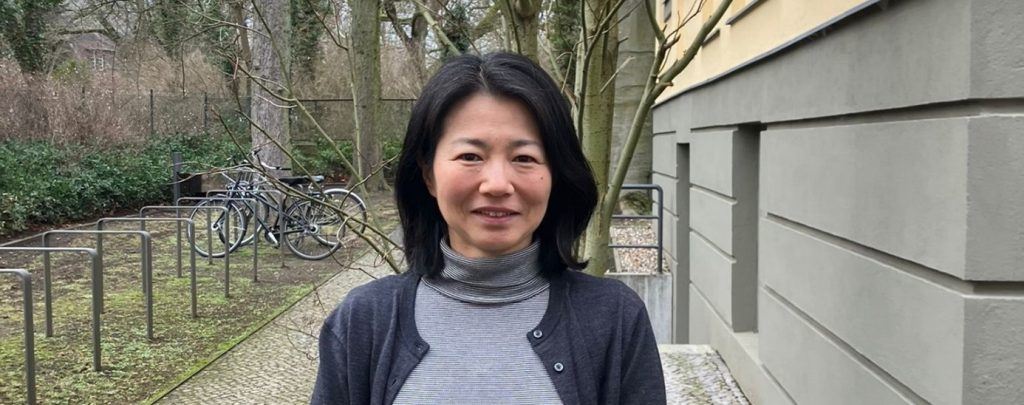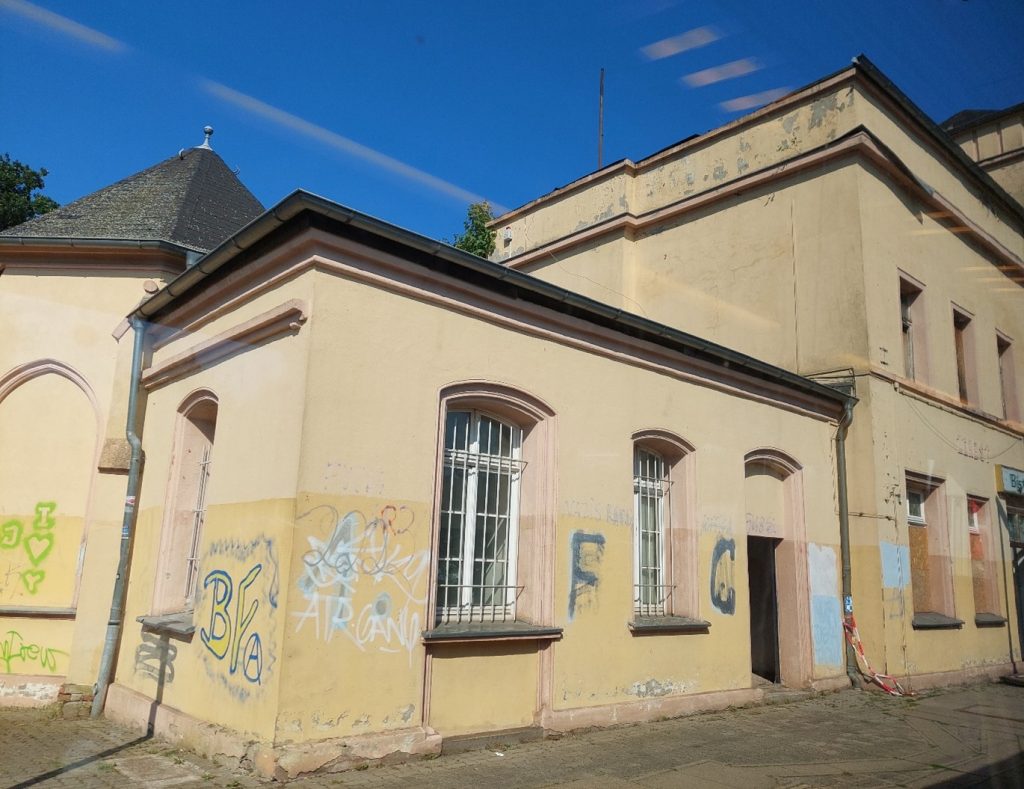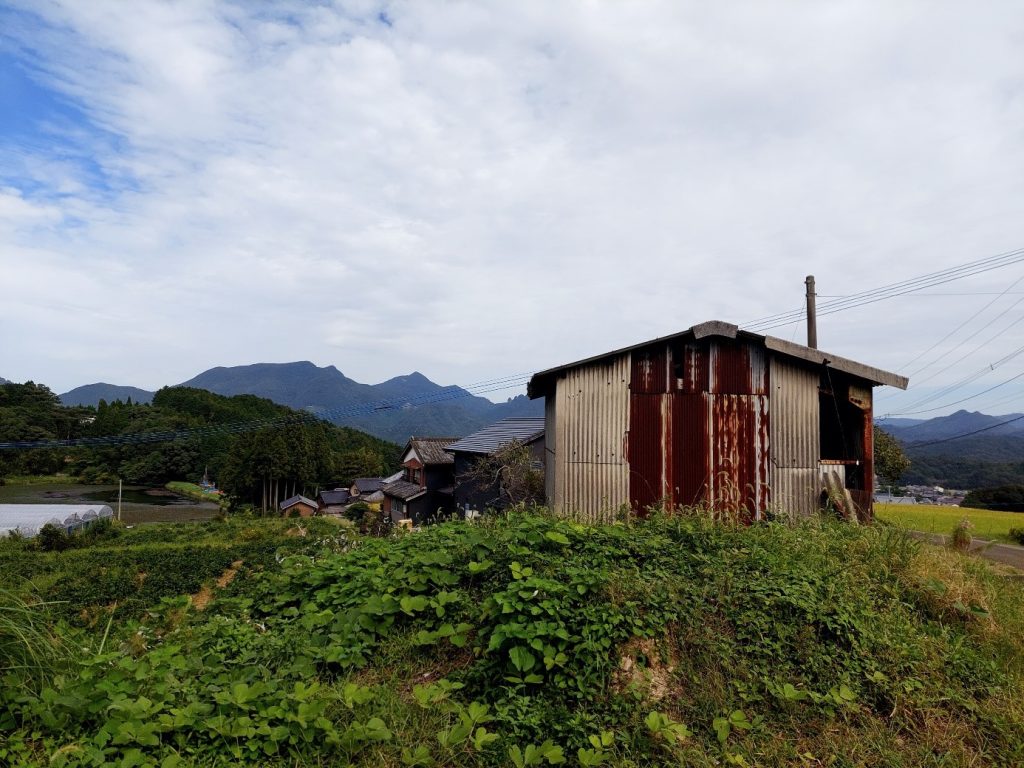by Paul B.
Yoko Iijima is associate Professor of Geography at Meiji University in Tokyo. She is currently a visiting scholar at the Freie Universität Berlin to conduct research on rural development in Germany. Professor Iijima’s areas of expertise are economic geography and political geography and the interrelationships between these two fields. She studied in Freiburg, Germany, from 2000 to 2004. During her time as a doctoral student, she investigated cross-border cooperation between Germany and Switzerland. After completing her PhD, she worked in a private research institute where she was involved in many different projects for Japanese ministries and governmental organizations in the field of regional development. She then started working at a university and became an associate professor. In the following ten years, she focused on rural areas in Europe, especially rural development in Tyrol. I spoke with Professor Iijima about the differences and similarities between rural areas in Japan and Europe, what both regions can learn from each other when it comes to promoting rural areas, and the future of rural areas in Japan and Europe.

Copyright © Paul B. 2025
Q: What are the differences and similarities between rural areas in Japan and rural areas in Europe?
One similarity that European countries such as Germany, Austria or Switzerland share with Japan is that the birth rate in rural areas is very low, which means that few young people live and work in rural areas and more older people live and work there. However, Japan has a much bigger problem, because its birth rate is even lower and young people from the countryside often prefer to move to Tokyo, Japan’s largest city. After graduating from school many young people prefer to work or study in Japan’s capital as there are far more job opportunities there. This has to do with Japan’s centralized state system and the fact that Tokyo is the most important city in the country. Tokyo is very different from other cities in Japan, not only is it the most populated city in Japan but it also stands out for the wide range of opportunities it offers in the fields of education and employment. In contrast, Germany has a decentralized state system and maintains many urban functions even in small and medium-sized cities as well as large cities such as Berlin, Munich, and Frankfurt. Therefore, it is possible for young people in Germany to work and continue their lives in small and medium-sized cities than in Japan.

Copyright © Cornelia Reiher 2023.
Q: Are there things that work better in the rural areas of Europe or in the rural areas of Japan and can Europe and Japan learn something from each other?
In Europe’s rural areas, there are more initiatives led by citizens that want to promote their rural areas and bring their ideas and suggestions to the government and administration, so they work from the bottom up. I consider this as a good example for Japan to learn from in terms of rural areas and I think that bottom-up approaches to rural development would be a good model for the future. However, it is difficult to compare European countries and Japan in general because both consist of regions with their own history, culture, traditions, industries, and other regional characteristics. It cannot be assumed that successful examples from one country can be directly applied to another. Nevertheless, European countries can also learn from Japan. For example, the Japanese central and local governments have initiated large projects to improve and promote its different regions and rural areas.

Copyright © Cornelia Reiher 2023.
Q: What does the future hold for Europe’s and Japan’s rural areas?
The already low birth rates in Japan’s rural areas will continue to fall over the next ten years and financial support by the Japanese government will probably not increase but rather decrease. There are also big debates about whether the social infrastructure in rural areas should remain as it is or whether it would be smarter to resettle people to cities. I am unfortunately very pessimistic about the future of rural Japan. For Europe, on the other hand, things might look better in the next ten years, because the European Union is investing heavily in rural infrastructure. But even in the EU there are issues to discuss, such as the regional differences within the rural regions of Europe.
Paul B. is a student intern at the Institute of Japanese Studies at Freie Universität Berlin.
